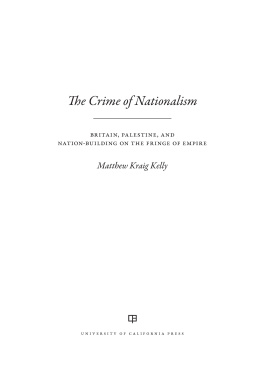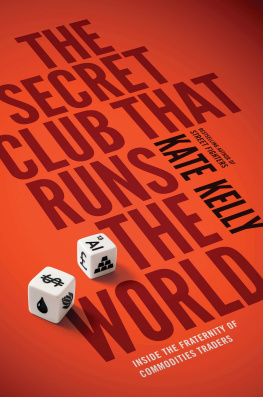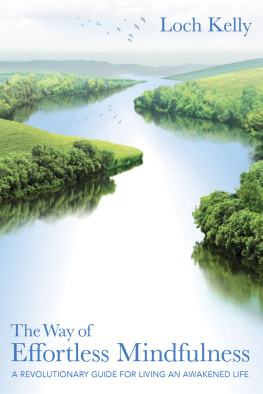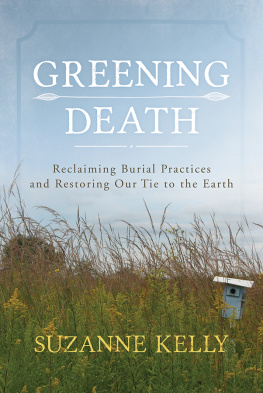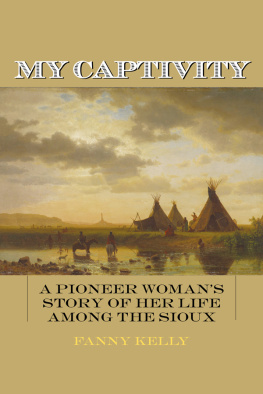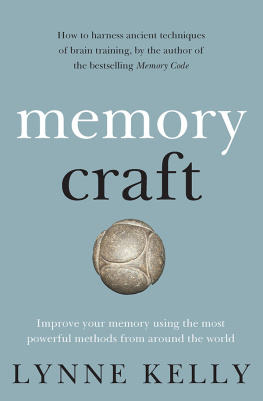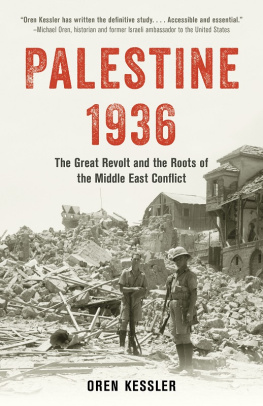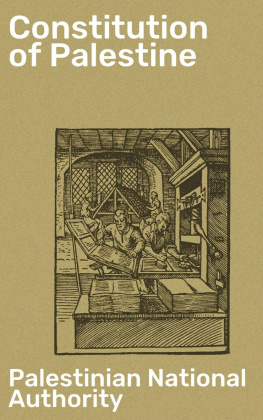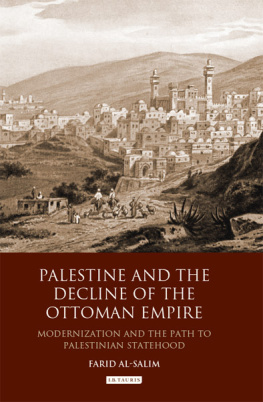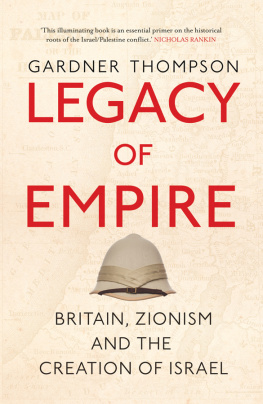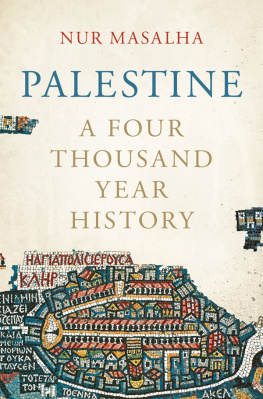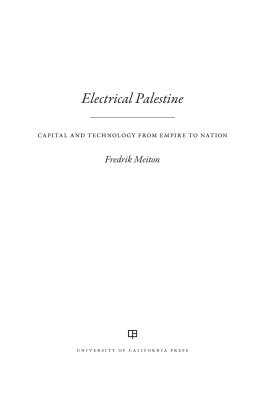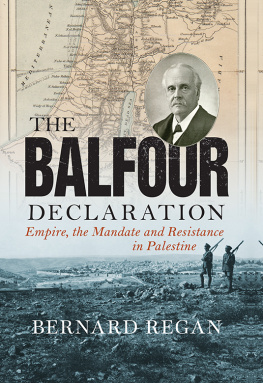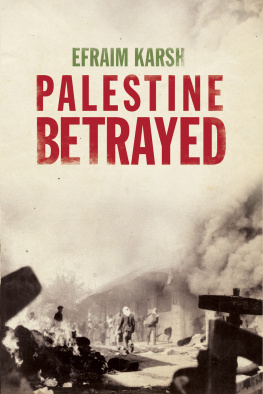The Crime of Nationalism
The Crime of Nationalism

BRITAIN , PALESTINE , AND
NATION-BUILDING ON THE FRINGE OF EMPIRE
Matthew Kraig Kelly

UNIVERSITY OF CALIFORNIA PRESS
University of California Press, one of the most distinguished university
presses in the United States, enriches lives around the world by advancing
scholarship in the humanities, social sciences, and natural sciences. Its
activities are supported by the UC Press Foundation and by philanthropic
contributions from individuals and institutions. For more information,
visit www.ucpress.edu.
University of California Press
Oakland, California
2017 by The Regents of the University of California
Library of Congress Cataloging-in-Publication Data
Names: Kelly, Matthew Kraig, author.
Title: The crime of nationalism : Britain, Palestine, and nation-building on
the fringe of empire / Matthew Kraig Kelly.
Description: Oakland, California : University of California Press, [2017] |
Includes bibliographical references and index.
Identifiers: LCCN 2017016676 (print) | LCCN 2017019351 (ebook) |
ISBN 9780520965256 (ebook) | ISBN 9780520291485 (cloth : alk. paper) |
ISBN 9780520291492 (pbk. : alk. paper)
Subjects: LCSH : PalestineHistoryArab rebellion, 1936-1939. | Palestine
History1917-1948. | Great BritainForeign relationsPalestine. |
PalestineForeign relationsGreat Britain. | PalestinePolitics and
government1917-1948. | ViolencePalestineHistory.
Classification: LCC DS 126 (ebook) | LCC DS 126 .K39 2017 (print) |
DDC 956.94/04dc23
LC record available at https://lccn.loc.gov/2017016676
Manufactured in the United States of America
26 25 24 23 22 21 20 19 18 17
10 9 8 7 6 5 4 3 2 1
For my parents, Kraig and Dolores Kelly
In memory of David Batza
CONTENTS
1 British Causal Primacy and the Origins of
the Palestinian Great Revolt
2 A Wave of Crime: The Criminalization
of Palestinian Nationalism, AprilJune 1936
3 The Policy Is the Criminal: War on
the Discursive Frontier, JulyAugust 1936
4 The British Awakening to the Military Nature
of the Rebellion, AugustOctober 1936
6 Towards a Rebel Parastate: The Arab Rejection
of Partition and the Effort to Institutionalize
the Revolt, 193738
7 New Policy, New Crime: The Abortion of
the Balfour Declaration
ACKNOWLEDGMENTS
I cannot put into words my gratitude for the many people who made this book possible, but I will try. Above all, I want to thank my family. My wife, Tammie, traveled with me to England and to Israel during the research phase of the book. To help support me, she waited tables in London, and taught dance workshops all over England, Israel, the Netherlands and France. And she did it all without complaint. My parents, Kraig and Dolores Kelly, were unfailing in their support, both moral and material, through my years in graduate school and during the research and writing phases of the book. My uncle and dear friend, the great Dr. Gary Lynch, carefully read and commented on various drafts of the manuscript. He also saved this project from the scrapheap of books-to-be by stepping in with financial support on more than one occasion. More generally, UG has been a source of intellectual and spiritual inspiration to me for many years. I have to thank a number of friends who happen also to be first-rate scholars and therefore readers. These include my lifelong friend Tommy Givens, and two of my most cherished confidantes, Fredrik Meiton and Adam Talib. Tom offered invaluable advice early in the writing process, and has been a source of personal strength for as long as I have known him. Fred and Adam went well beyond the call of duty in closely vetting the manuscript and offering me indispensable historical, linguistic, and stylistic advice. The book would never have seen the light of day without the support of James Gelvin. I am profoundly thankful for his years of institutional, intellectual, and moral support. It is fitting that he gave me the book title. In addition to Gelvins, I am fortunate to have received the learned input of the other three members of my dissertation committee, David N. Myers, Gabriel Piterberg, and Michael Mann. As important, my good friends Gaby Goldstein and Tony Peterson, as well as Nehad Khader, Nadia Naqib, Lexi Newman, Maia Tabet, and Natasha Wheatley were all kind enough to offer many thoughtful comments on early drafts of the manuscript. Other fine scholars who took the time to correspond with me include Hillel Cohen, Kate Halls (a tremendous help), Joshua Landis, Benny Morris, Sami Moubayed, Jacob Norris, Rafi Stern, Stephen Wagner, and Alex Winder. I also benefitted from the research support of Mansour al-Sheikh, Walter Lorenz and Alya al-Marakby, all of whom helped get this project over the hump by being professional, punctual, and just good. Colin Mackie gave generously of his time to help me nail down certain opaque institutional developments in the Foreign Office in 1938. Ami Ayalon and Mustafa Kabha, too, offered me valuable research advice. The great Jason Pickersgill once again brought a project of mine to visual fruition by imagining what I would, but only he could. At the institutional level, I am indebted to the staffs of UCLAs History Department and Young Research Library, the National Archives and Imperial War Museum in London, the Middle East Centre at Oxford, the Central Zionist and Israel State Archives in Jerusalem, and the Haganah Archives in Tel Aviv. I am likewise indebted to the Library of Congress, Punch Ltd., and Getty Images. Finally, I would like to thank the University of California Press, and especially Niels Hooper and Bradley Depew, for believing in and supporting this project.
Introduction
ON 21 JUNE 1936 , Muhammad Hajj Husayn Qadan and Ahmad Muhammad Sulayman were traveling from their village of Dayr al-Ghusun southeast along the hilly terrain to Bala, near Tulkarm. The path of their journey ran through an area that the British, who then governed Palestine, regarded as a trouble spot. The British dubbed the territory between Jenin, Nablus, and Tulkarm the triangle of terror in reference to its residents habit of firing on police and soldiers. But the triangle was just one of several problem areas for the British. Across Palestine, His Majestys security forces had been encountering armed resistance for the better part of June 1936, and the Arab population at large had, since April, been observing a strike against British policy in the country. While the two villagers likely sympathized with the strike and perhaps with the armed attacks, on 21 June, they went simply in search of water for their cattle. Nevertheless, when a British pilot monitoring the area caught sight of the men on the hills, he fired on them, prompting them to take shelter in a nearby cave. The pilot then radioed the pairs location to British soldiers in the vicinity, a number of whom shortly arrived on the scene. One of them, a Sergeant Sills, approached the mouth of the cave and fired into it without warning. The villagerswho, in keeping with custom, bore their own armsfired back, fatally wounding Sills in the head and chest.
The case of Muhammad Hajj Husayn Qadan and Ahmad Muhammad Sulayman ultimately reached the supreme court of Palestine on appeal, after a lower court sentenced both men to death. The high court denied none of the details noted above, but nevertheless rejected the right of the two villagers to defend themselves. On the contrary, the court asserted: Yet another point was raised [by the appellants lawyer], namely that it was the natural The court seemed to suggest that the British, by virtue of their constituting the state in Palestine, behaved legally by definition, and that those resisting them were therefore criminals by definition. Palestinian rebels did not reject this logic, but rather adapted it. Indeed, they took up arms in its name.
Next page
